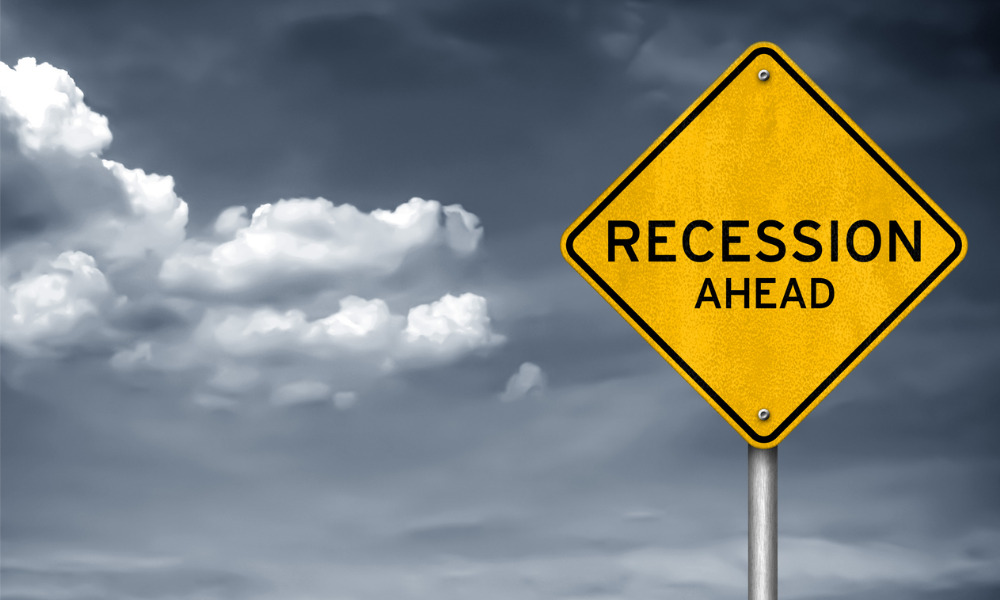RBC delivers its verdict

Canada will fall into recession next year, although any contraction will likely be moderate and short-lived, according to Nathan Janzen and Claire Fan of RBC Economics.
While the national economic engine has “fired on all cylinders” following the reopenings last year, a volatile combination of static labour conditions and soaring commodity prices is threatening to upend the gains seen over the past year or so.
“Those pressures will likely push the economy into a moderate contraction in 2023,” RBC predicted. “The jobless rate will rise next year but to less severe levels than in previous downturns.”
The Canadian jobless rate will likely reach 6.6% – a roughly half-point increase from current levels, but still more than 2% below the peak unemployment rate of 8.7% seen during the great financial crisis of 2008-09, Janzen and Fan said.
Read more: Analysis: Pandemic-era housing boom now stalling
Interest rates will be a vital tool in mitigating the impact of these developments, RBC said.
“Though higher rates will restrict growth, they’re necessary to tame inflation and cool an overheating economy,” Janzen and Fan said. “Household spending that accelerated out of pandemic lockdowns will slow as higher prices, interest rates and unemployment hit households.”
RBC is anticipating that these steps will give policymakers the elbow room they need to respond to external factors.
“In Canada, much of the price pressure is coming from beyond our borders, as energy and agricultural prices surge on supply chain snarls stemming partly from the Ukraine war,” RBC said. “A slowdown both in Canada and abroad will help temper inflation. … We don’t think it’ll take long to unwind that weakness in 2024 and beyond.
“This recession will be moderate and short-lived by historical standards – and can be reversed once inflation settles enough for central banks to lower rates.”



